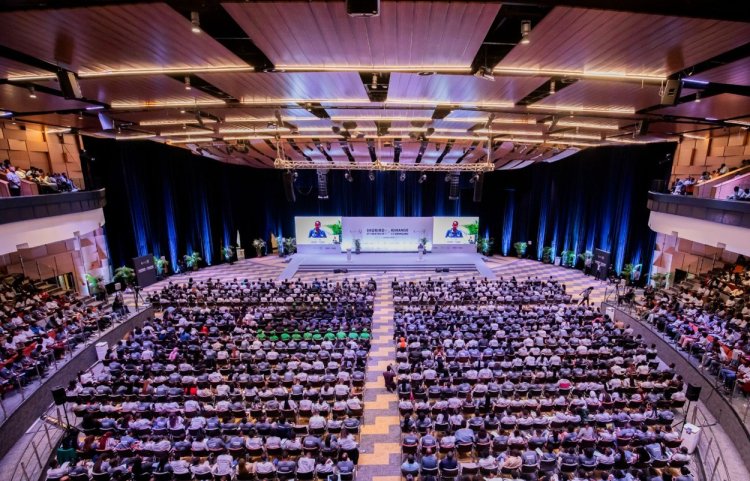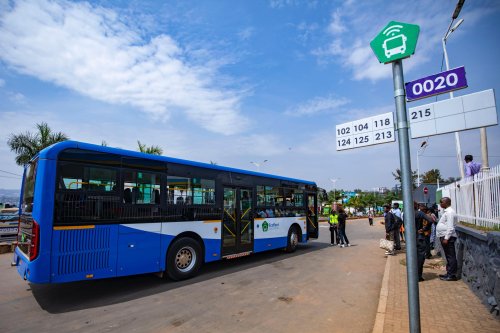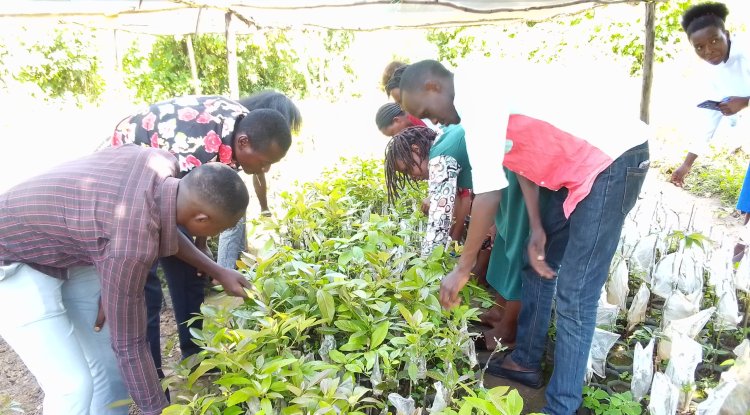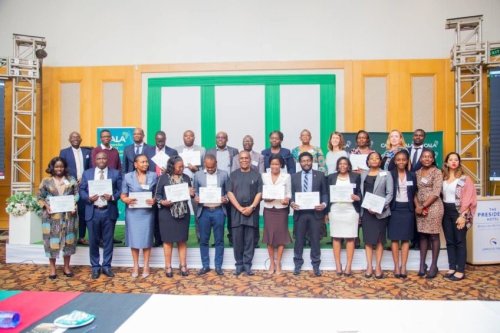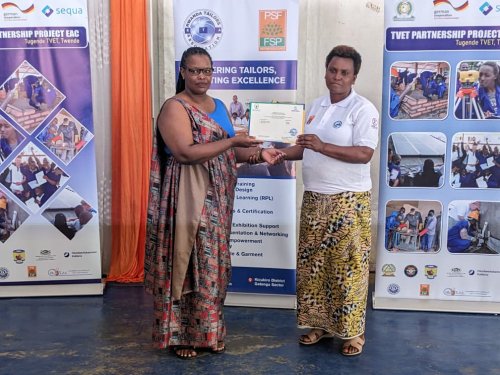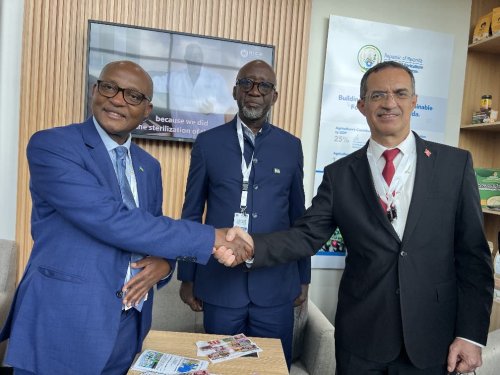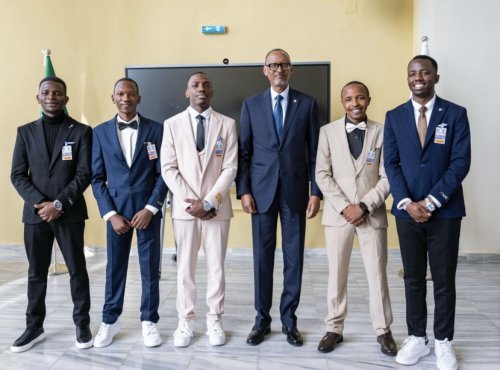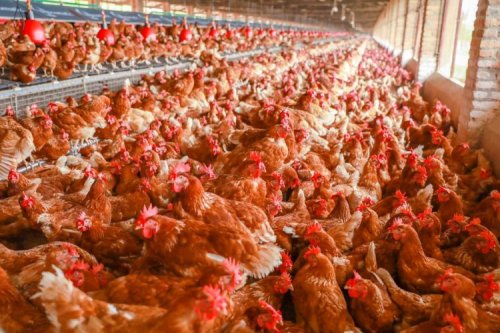Rwanda Launches Campaign for Decent Jobs on International Labor Day
Rwanda marked this year's International Labor Day on Thursday with the official launch of Employment Month 2025, a nationwide campaign promoting decent and sustainable employment, in Kigali's capital city.
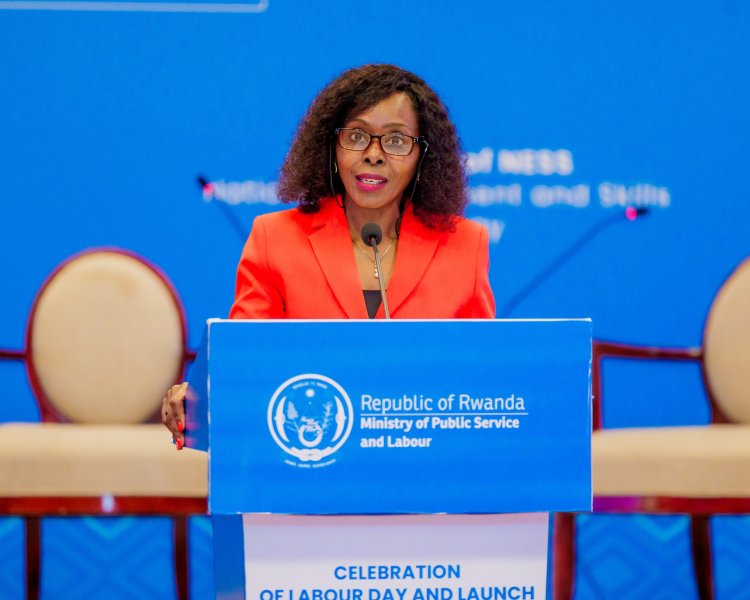
The day, held under the theme “Job Creation: Our Shared Priority,” offered an opportunity to reflect on the crucial role of the private sector in driving employment and to emphasize the collective responsibility of all stakeholders in building a resilient and inclusive labour market.
Speaking at the celebrations, Christine Nkulikiyinka, Rwanda’s minister of public service and labor, said the campaign aims to mobilize, engage, and raise awareness among institutions, employers, workers, development partners, and the private sector about their shared role in promoting decent and sustainable employment.
“Today, Rwanda joins the international community not only to honour the dignity of work, but also to celebrate the resilience, talent, and aspirations of the Rwandan workforce. More than a celebration, this is a day and a moment of reflection, of gratitude, and renewed commitment,” she said.
Nkulikiyinka noted that between 2017 and 2024, Rwanda more than doubled its annual job creation capacity—from nearly 156,000 to 360,000 jobs.
“There is no greater investment in our nation's future than investing in productive, decent, and sustainable employment, particularly for youth. Jobs are not only about livelihoods; they represent dignity, security, opportunity, and national transformation,” she added.
The event also featured the official unveiling of the National Employment and Skills Strategy (NESS 2024–2029)—a bold, forward-looking action plan to guide Rwanda toward a more inclusive, adaptive, and resilient labour market.
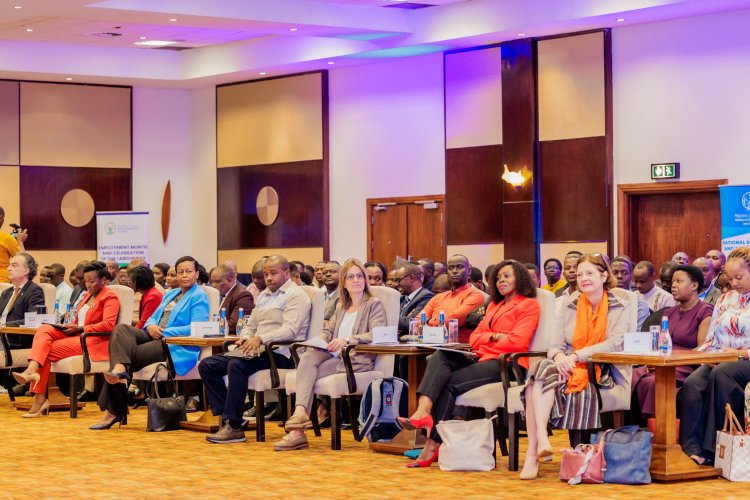
According to the Ministry of Public Service and Labor, the NESS is designed to foster a dynamic skills and employment ecosystem in Rwanda by improving the quality and market relevance of training programs, supporting business growth and entrepreneurship, and strengthening job-matching mechanisms at the institutional level.
The strategy’s overarching goals align with the National Strategy for Transformation (NST2) target of creating 1.25 million productive and decent jobs and the Productive Skills Development and Youth Employment (PSDYE) Strategy objective of reducing the unemployment rate to 12 percent and the youth NEET rate to 25 percent by 2029.
“We continue to face major employment challenges. These include a growing youth population seeking opportunities, particularly in the city of Kigali; a mismatch between graduates' skills and labour market needs; persistent informality and limited social protection; and global trends from digital disruption to climate change that are reshaping the world of work,” Nkulikiyinka emphasized.
According to the latest data from the National Institute of Statistics of Rwanda (NISR), the employment-to-population ratio rose to 56.0 percent in the February 2025 quarter 1, up from 53.1 percent during the same period in 2024, a positive sign of progress.

